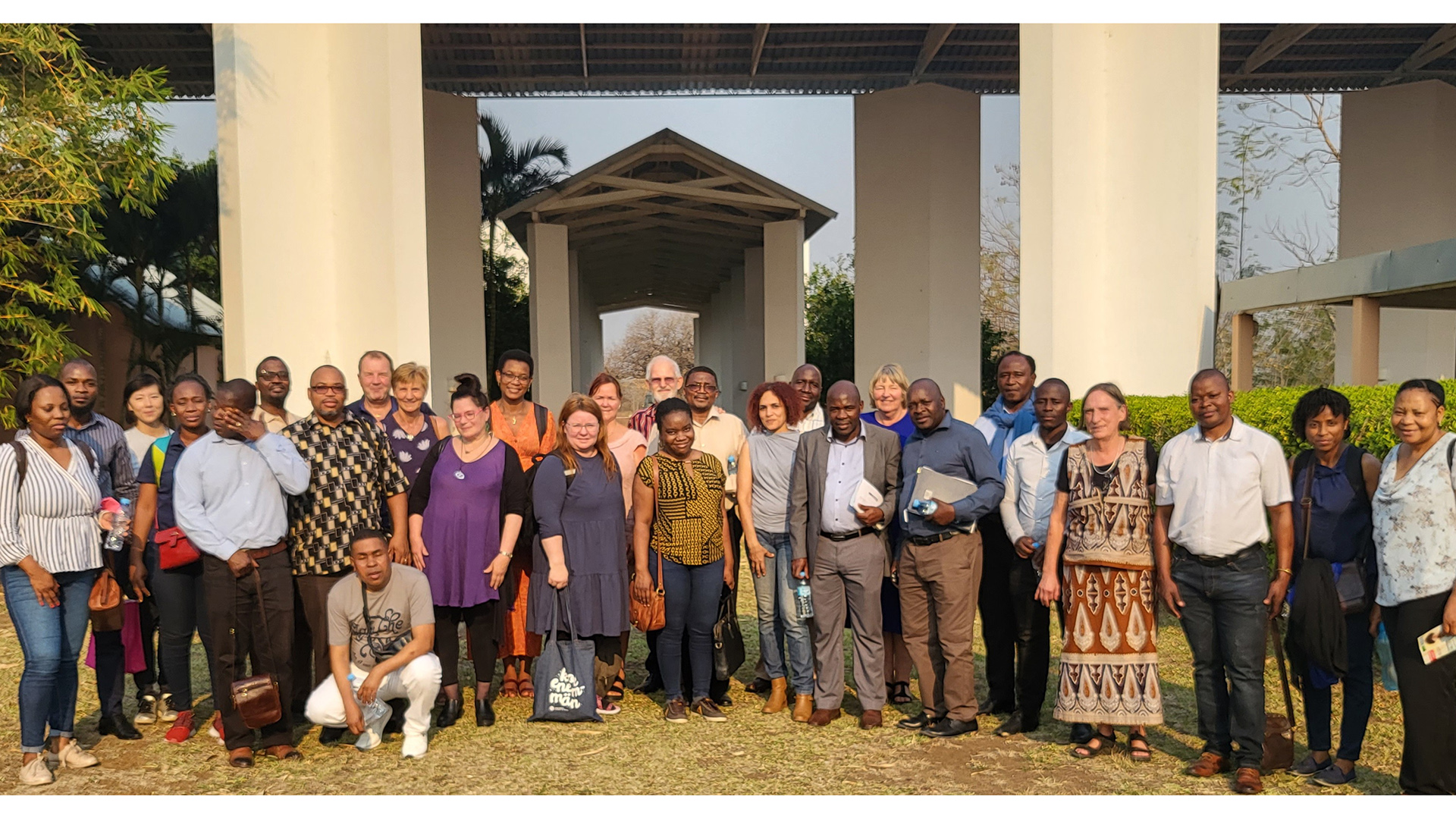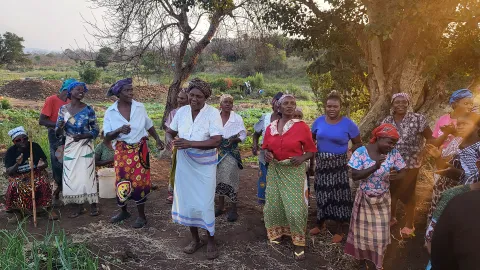The TEPATE Project stands as a significant example of international collaboration, funded by the Ministry of Foreign Affairs of Finland. This initiative brings together four universities: the Pedagogical University of Maputo and ISET One World in Mozambique, along with Jamk University of Applied Science and the University of Lapland in Finland. United by a common objective, these institutions are working diligently to enhance the capabilities of teacher educators in Mozambique, thereby contributing to the country's educational landscape.
In Mozambique, the teaching profession faces pressing issues such as low motivation of teachers, inadequate initial training, limited professional development, and deficiencies in multilingualism pedagogies and classroom management. These contribute to weak learning outcomes, with less than 5% of third graders meeting the expected reading level in Portuguese and fewer than 8% achieving the expected level in mathematics. Dropout rates are also alarming, with only 42% of students completing primary education.
To address these challenges, the project aim was to increase the capacity of the Mozambique partner HEIs to develop and deliver teacher education that provides better skills to apply learner-centred pedagogy in practice. Besides academic teacher training, the TEPATE project also provided in-service training materials to teachers as well as selected school managers in order to support the rooting of new pedagogical practices on a school level.
Development of teacher education in inter-university cooperation
The TEPATE project has established successful inter-university cooperation for the development of teacher educations. As a result of inter-university collaboration between 4 universities in TEPATE project, 36 teacher educators developed 3 modules for teacher education, engaged 276 teacher students to pilot the modules, trained 912 teacher educators, secondary school teachers and school managers based on the contents of the modules. In addition, the development capacity of the two Mozambican universities has grown in terms of project work in general and administration of this type of development project.
“The networked way of working is also an outcome of TEPATE project which sustains”, remarks Irmeli Maunonen-Eskelinen, project manager from Jamk University of Applied Sciences,
“In this process, the involvement of the local non-government organization ADPP Mozambique has helped to ensure that the modules addressed the diverse educational realities across Mozambique and placed the student at the center of learning”.
ADPP Mozambique is a national non-governmental association, part of the Humana People to people network, working across quality education, health, sustainable agriculture, and the environment. Established in 1982, ADPP has grown steadily ever since, expanding their expertise and project delivery. In order to address teacher shortage across the country and train qualified teachers, ADPP established the higher education institute ISET - One World to train young people to acquire knowledge through theory and practice in key professional and development areas such as Pedagogy, Community Development and Environment.






